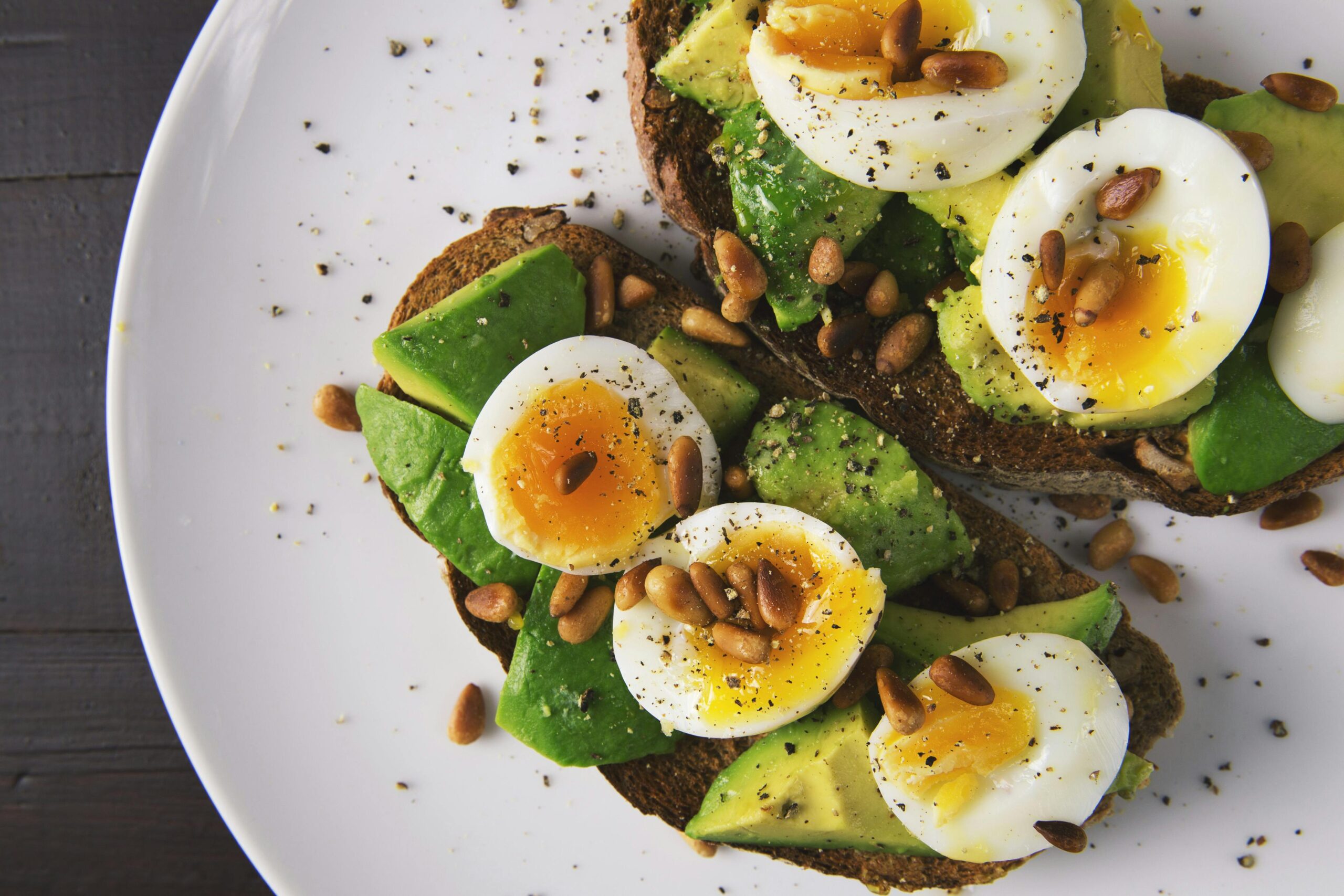Busting Common Health Myths: What You Really Need to Know
When it comes to health and wellness, there’s a lot of misinformation floating around. Some myths have been around for decades, while others pop up thanks to social media trends. Today, we’re setting the record straight on some of the most common health misconceptions.
- Eggs Aren’t Healthy
Eggs have been unfairly demonized due to their cholesterol content, but research shows that they are a nutrient powerhouse. Packed with high-quality protein, vitamins, and healthy fats, eggs can support brain health, muscle growth, and even heart health when eaten as part of a balanced diet.
- Cutting Calories is the Best Way to Lose Weight
While calorie intake does play a role in weight loss, simply eating less isn’t the answer. Focusing on nutrient-dense foods, maintaining muscle mass through strength training, and supporting metabolism with enough protein and fiber are more effective (and sustainable) strategies for long-term health.
- Red Meat is Terrible for You
Red meat has been blamed for a variety of health issues, but high-quality, lean cuts provide essential nutrients like protein, iron, and vitamin B12. Moderation and sourcing from grass-fed or responsibly raised animals can make red meat a valuable part of a balanced diet.
- Lifting Heavy Weights Will Bulk You Up
Many women avoid strength training out of fear of looking bulky. The truth is, lifting weights helps build strength, improves bone density, and boosts metabolism—without excessive muscle growth. Women’s hormonal makeup prevents extreme muscle gain, making strength training an essential tool for health and longevity.
- Cold Weather Makes You Sick
Despite what you may have heard growing up, cold weather itself doesn’t cause illness—viruses do. While colder temperatures may lead to more time spent indoors (where germs spread more easily), staying warm, washing your hands, and maintaining a strong immune system through proper nutrition and sleep are your best defenses against getting sick.
- Carbs Are Bad for You
Carbs often get blamed for weight gain, but not all carbs are created equally. Whole food sources like fruits, vegetables, and whole grains provide essential nutrients and energy. The key is choosing high-quality carbs and pairing them with protein and healthy fats for balanced blood sugar levels.
- Eating Fat Makes You Fat
Healthy fats from sources like avocados, nuts, olive oil, and fatty fish are crucial for hormone regulation, brain function, and overall satiety. It’s excessive refined carbs and processed foods—not healthy fats—that contribute to weight gain.
- Crunches Are the Best Way to Get Abs
Core exercises are important, but abs are made in the kitchen! What you eat plays a major role in defining your midsection. Prioritizing whole, unprocessed foods and balancing protein, healthy fats, and fiber can help reveal the muscles you’re working so hard to build.
- More Exercise is Always Better
Pushing yourself too hard without proper recovery can lead to burnout, injury, and stalled progress. Exercise is important, but so is rest. Strength training, mobility work, and recovery days are all key components of a well-rounded fitness routine.
Final Thoughts
Health and wellness shouldn’t be based on fear or misinformation. By understanding the truth behind these common myths, you can make smarter choices for your body and overall well-being. Stay informed, listen to your body, and focus on balanced, sustainable habits!
I’d love to hear your thoughts—what health myth have you believed in the past? Reply to this email and let me know! If you’re looking for personalized guidance on your health journey, I’d be happy to help. Let’s work together to create sustainable habits that fit your lifestyle!


